Death Note is a complex anime that is so popular that it has been adapted multiple times - nonetheless has flaws in how it presents the story. The plot can occasionally get so convoluted that fans can find some plot points unnecessary and problematic, such as Raye Penber's unprofessionalism during the bus jacking early in the series. With Light and L battling against each other as main characters, the series has little space for women either.
Regardless of Death Note's flaws, fans were able to look past them and still enjoy the story underneath. The way Death Note handled certain elements didn't detract from its story of a mass murderer and the detectives who are trying to stop him. Overall, Death Note is an enjoyable show despite its ill-advised elements.
10 Near vs. Light
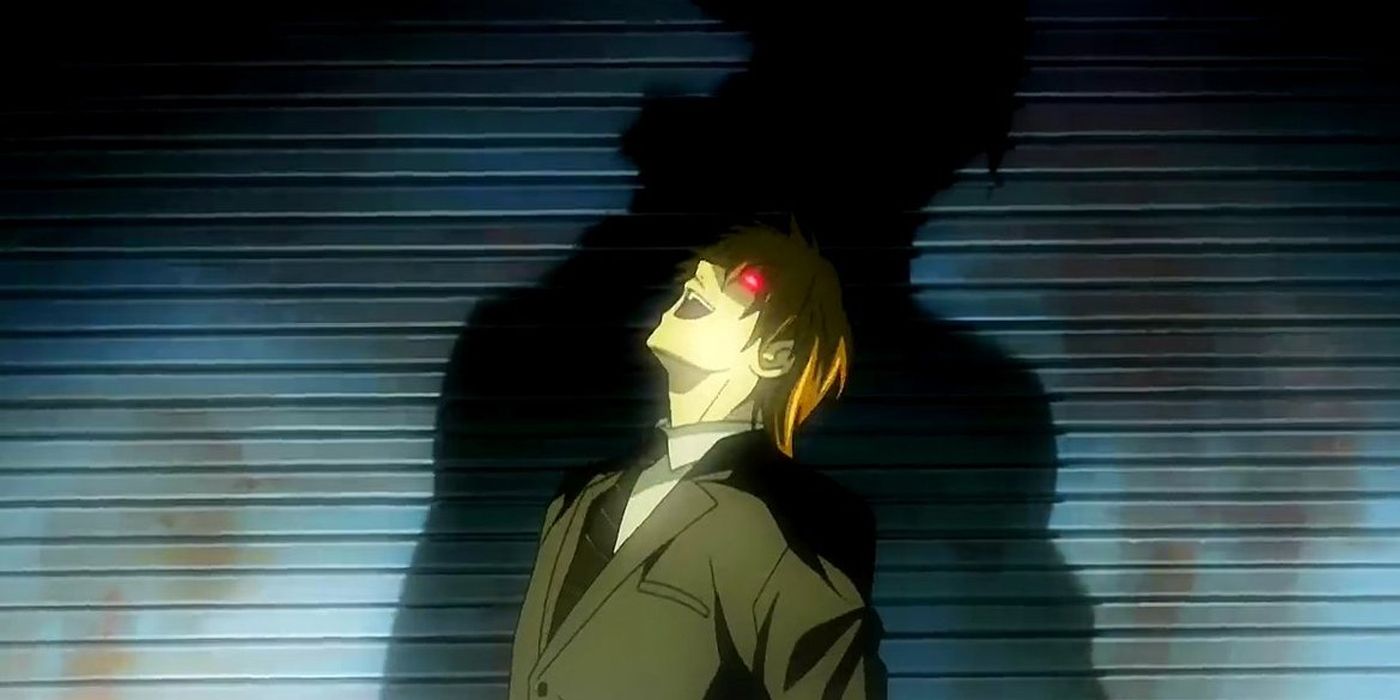
The last few episodes of the anime are a low point for fans due to the lack of tension for the showdown between Light and Near. Since Near and his agent Gevanni simply explain their entire plan at the end, it comes off as if Near and Mello just got incredibly lucky in taking down Light and Mikami. The second arc as a whole has an ensemble cast; it doesn't feel like the beginning of the anime, where the focus was solely on L and Light, which most fans loved.
These episodes do make sense but can seem rushed and badly paced, partly due to how much plot there is to wade through. Regardless, the final episodes are rife with suspense (even if Mikami's reveal is known to the audience) and the anime's last shots are gorgeous. This show is still worth watching all the way through and is a recommended beginner anime as well.
9 L's Death
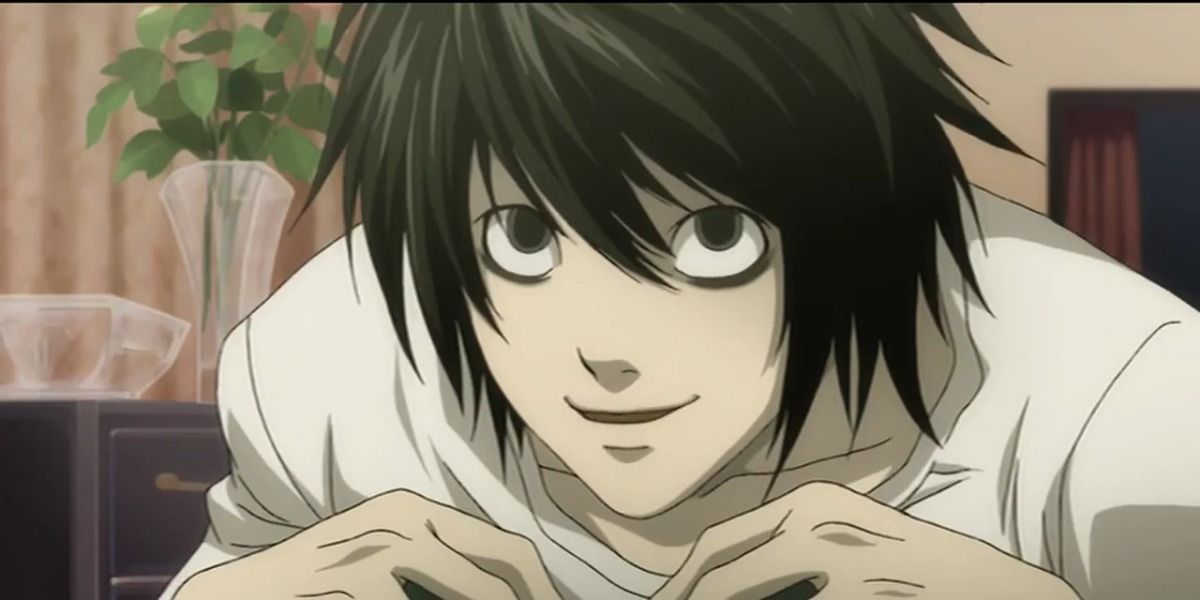
As L is one of the central characters, most fans weren't expecting him to die, particularly not halfway through the series. Regardless, that's what happens, as Rem kills him to protect Misa. L's death moves Light's plans forward by a lot, which fits since he's the protagonist, after all. However, L is the only real opposition to Light at the point, and his death can definitely feel like a blow.
On the other hand, this shows that the creators weren't afraid to kill off beloved characters or to show off Light's ruthless streak. Luckily, his plans are continued through his successors. Even though L dies, the story of a detective fighting a murderer continues.
8 Treatment of Women
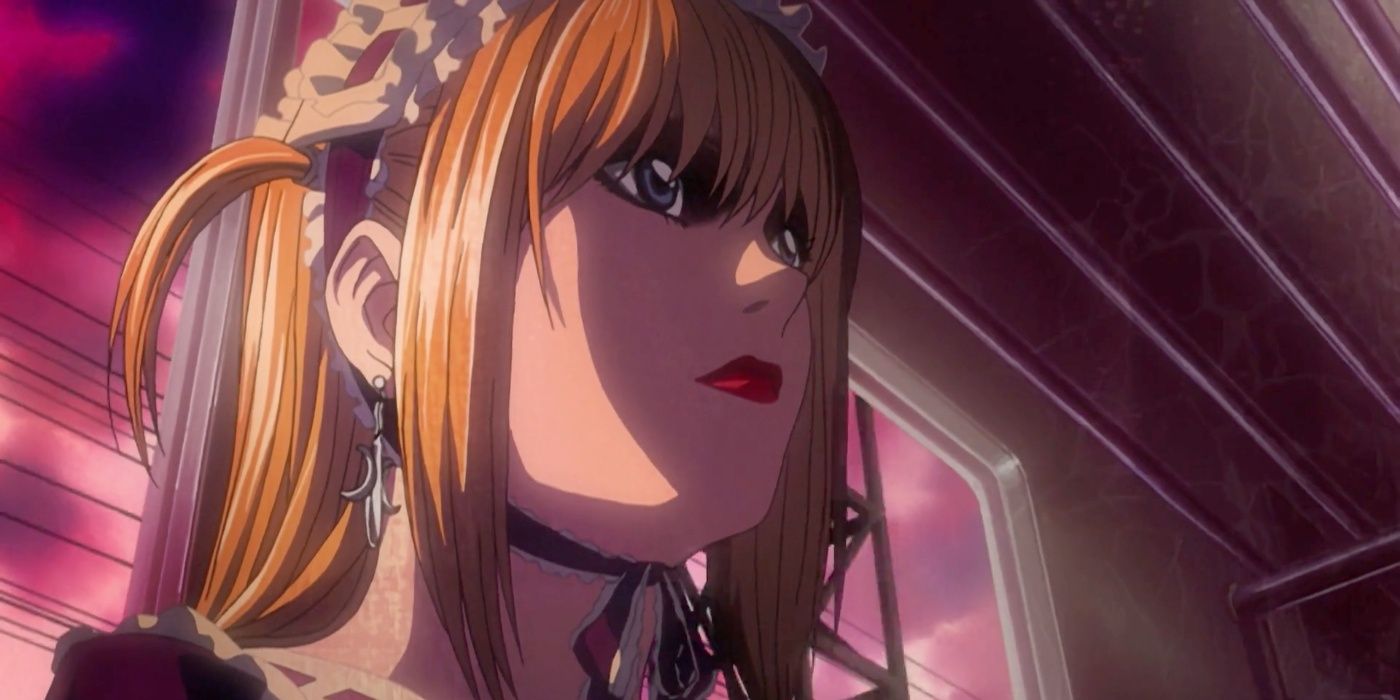
Death Note doesn't have a good track record with women. Misa only cares about what Light thinks of her and eventually has her lifespan shortened multiple times for his sake. Naomi Misora figures out the killer way too early in the series and is killed off because of it.
The story is centered on men, so these negative elements mostly just detract from the storytelling, rather than outwardly hinder it. Some female supporting characters are useful to the narrative, but never really emerge as characters in their own right, such as Lidner or Wedy. Nevertheless, Death Note's treatment of women is an aspect that hasn't aged well. Due to the focus on male characters, most fans are able to ignore it, but the problematic elements are still there.
7 Matt's Death
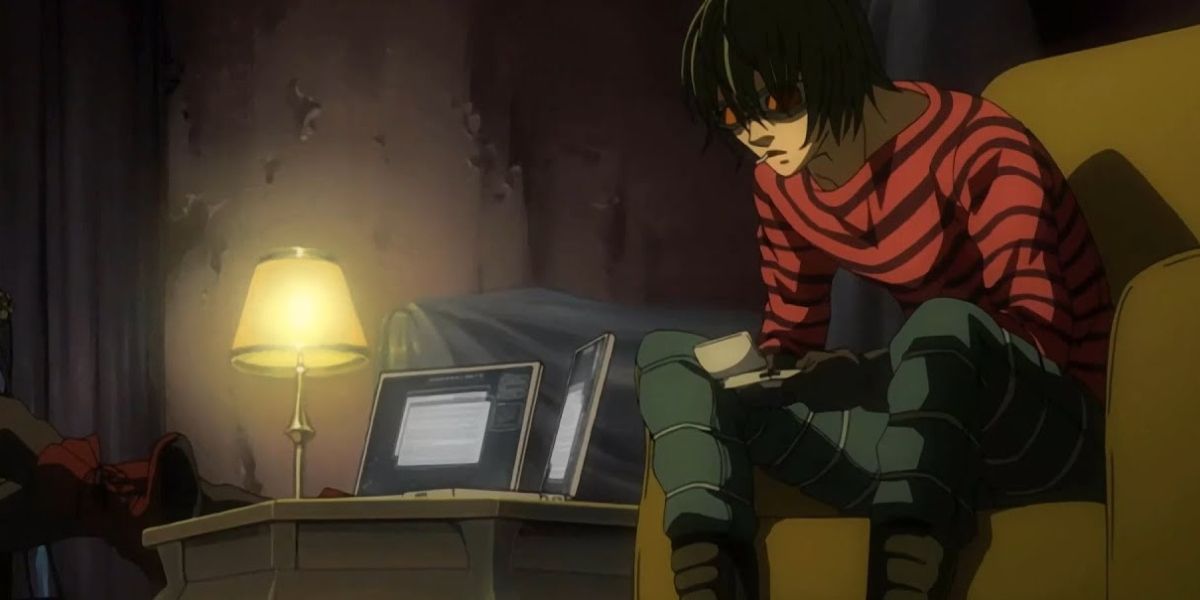
Mello's accomplice Matt didn't really need to die. Even he assumed that he would be brought in for questioning after he assisted in Takada's kidnapping, but he's shot in the middle of the street. Since Mello dies the same night, their part in the story is finished and is never really expanded upon. Many fans find Matt to be a fascinating character simply because his characterization and backstory are such a blank slate.
From a writing perspective, he isn't much of a character, not to mention he's dead after his first appearance. If Mello's accomplice had been a low-ranking mafia underling, fans probably wouldn't have gotten as attached as they did. Matt's death was unnecessary, and his character could have been so much more. Though fans liked Matt, his part in the story is minor, and easily passed over.
6 Naomi's Death
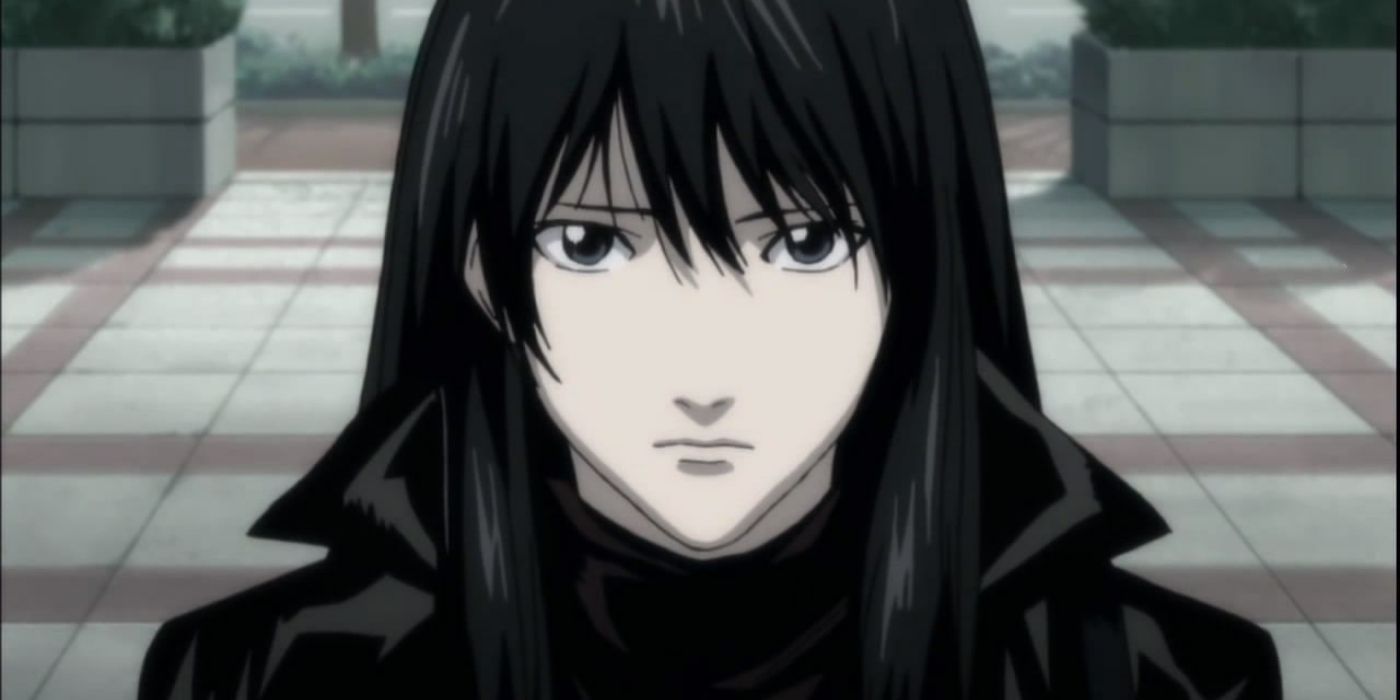
Naomi Misora used to work with L, and after her fiance Raye Penber's death, she begins to investigate Kira. According to the writers (via Fandom), Naomi is killed off quickly because she would have solved the case too easily. However, aside from that writing decision, her actions become ridiculous in just a few episodes.
She goes from saying she'll only speak directly to L to agreeing to give Light information that could - and does - get her killed. It's a depressing fall for the interesting female detective. Naomi's death reminds L of just how serious everything is, however, and that personal connection helps him work out his next moves, allowing fans to accept the flawed writing decisions.
5 Mello's Treatment of Takada
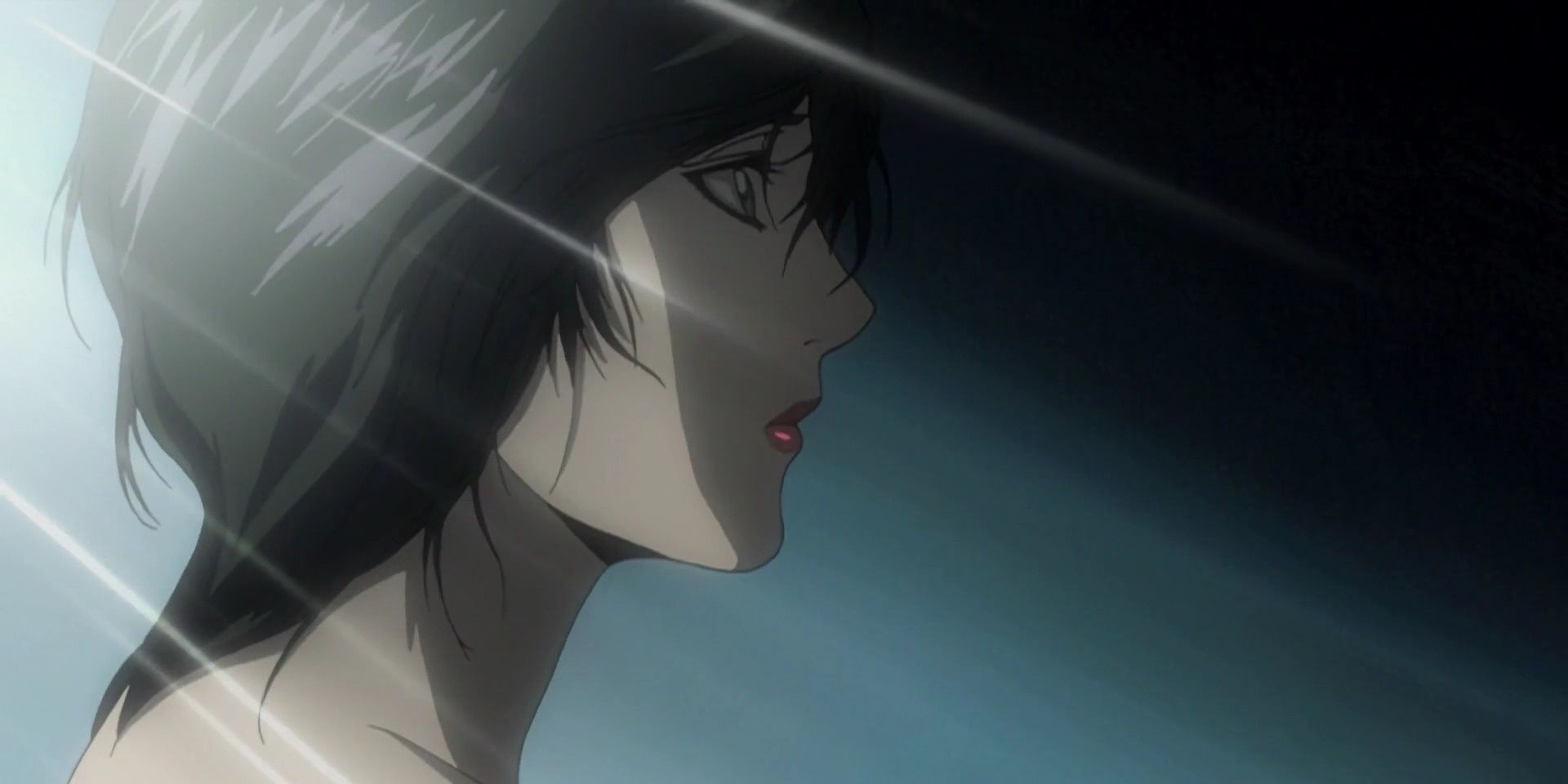
Mello performs a surprising action in his final interaction with Takada - and it gets him killed. He gives her a blanket. This allows her to hide a piece of notebook paper in her bra, and use it to kill him and herself.
Why wouldn't Mello simply force her to strip completely? There was nowhere Takada could go from the back of a truck. This is an element written for the sake of moving the story forward, but it does a disservice to the character, who wants to stop Kira. It's possible Mello was already being controlled by the notebook, but it still feels out-of-character for Mello.
4 No Case Information
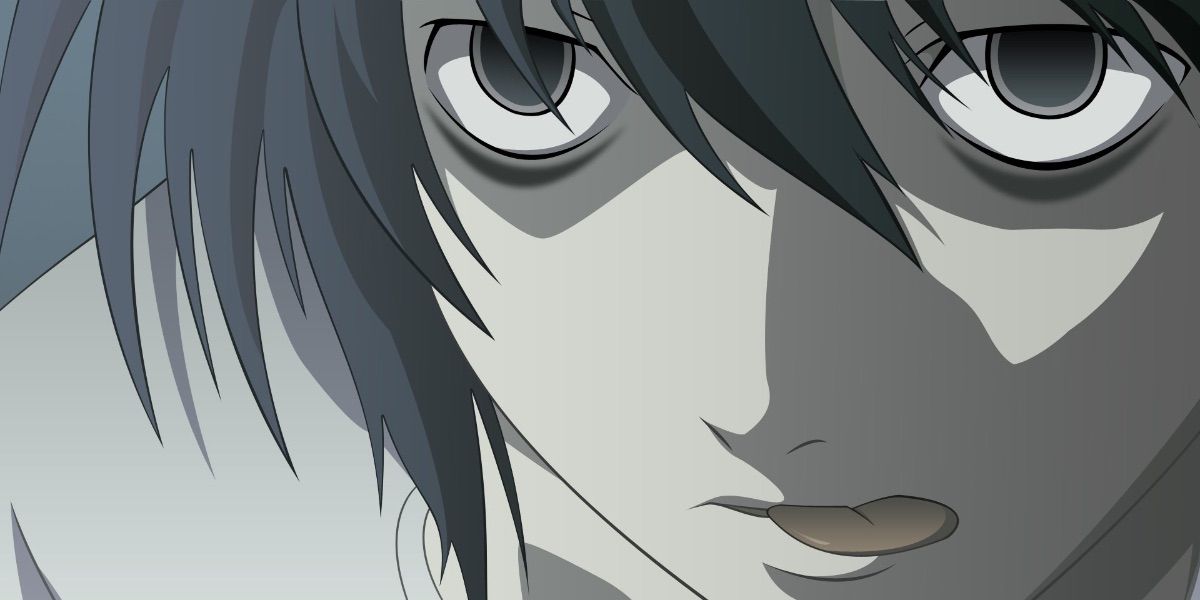
One of Watari's last acts is to delete all of L's findings on the Kira case. Therefore, his work dies with him, but it also means that the Task Force doesn't have anything to work from after L and Watari die. Light is able to transfer some things over to his own laptop, but it mainly seems to be voice scrambler software.
Why don't the other members of the team question the lack of records? Their lack of concern over this allows Light to control the case for years. In a way, this is one of the saddest things about Light: he doesn't see a life for himself anymore without the Death Note. However, the Task Force isn't able to move the case forwards, and this doesn't seem to bother them.
3 Light Isn't Suspicious To The Task Force
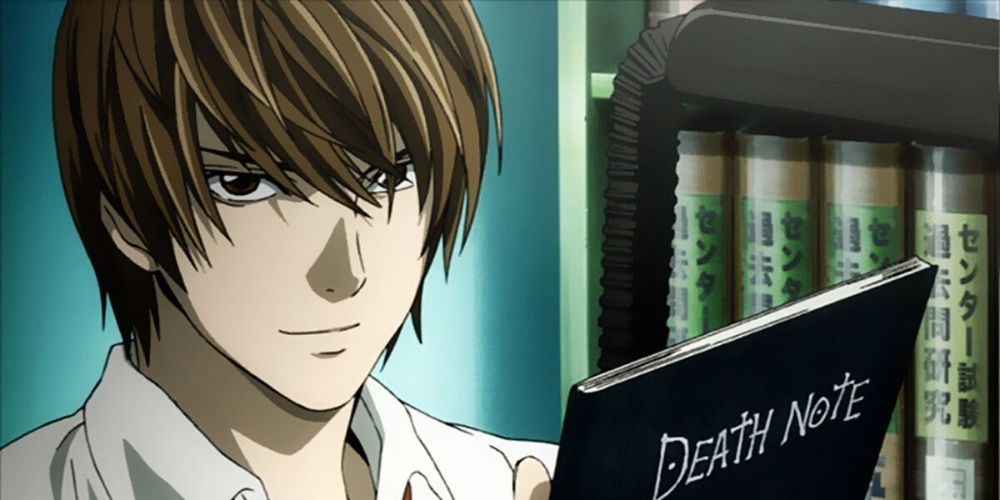
Towards the middle of the investigation, when the suspect list has been narrowed down to just two families, it's strange that Light isn't put under more suspicion from the Task Force. The bus jacking, as well as Raye Penber's death, should have started raising alarm bells.
It complicates things when he and L develop a pseudo-friendship, but by that point, L suspects him. His father, the Chief, doesn't believe his son could possibly be Kira, so the Task Force members might be following his lead, but maybe not. No one else seems to have any leads. What's stopping the others from finding Light suspicious in the beginning?
2 No Ending For Most Characters
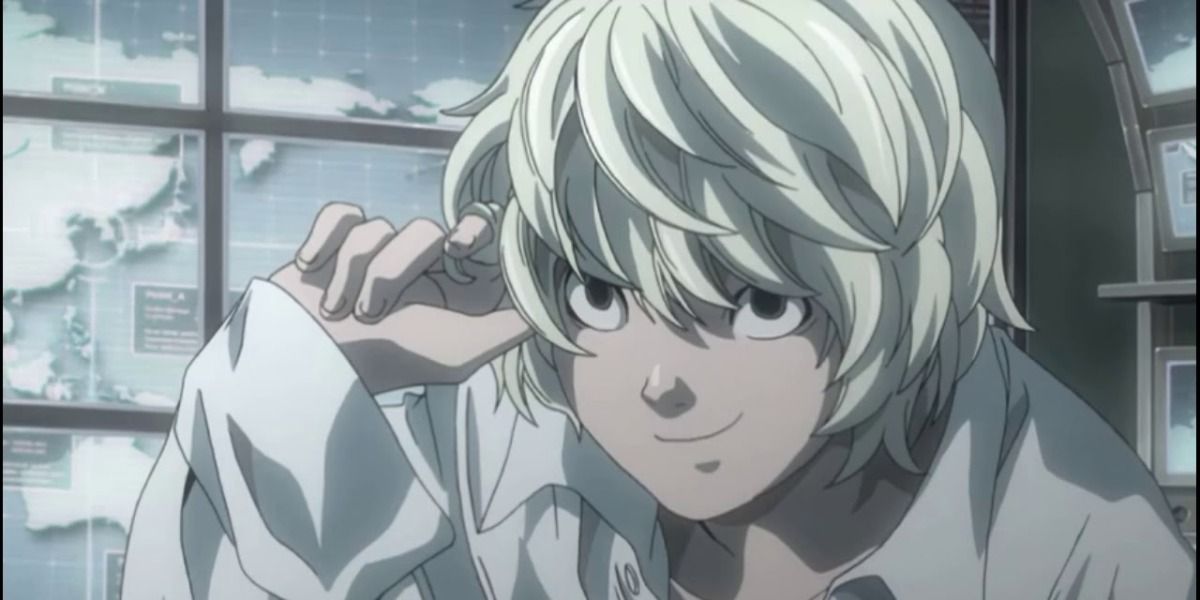
The story follows Light after he gets shot in the warehouse. Therefore, after Near decides not to pursue Light since he'll die anyway, the audience doesn't know what happens to any of these characters after their arcs in the series. This left the audience guessing how the rest of the world reacts to Kira's disappearance.
The personal lives of the police officers, not to mention Near and his team, are left open. It makes sense that the writers wanted to follow Light to his death since he is the protagonist, but it leaves everyone else's fates feeling empty.
1 Raye Is Unprofessional
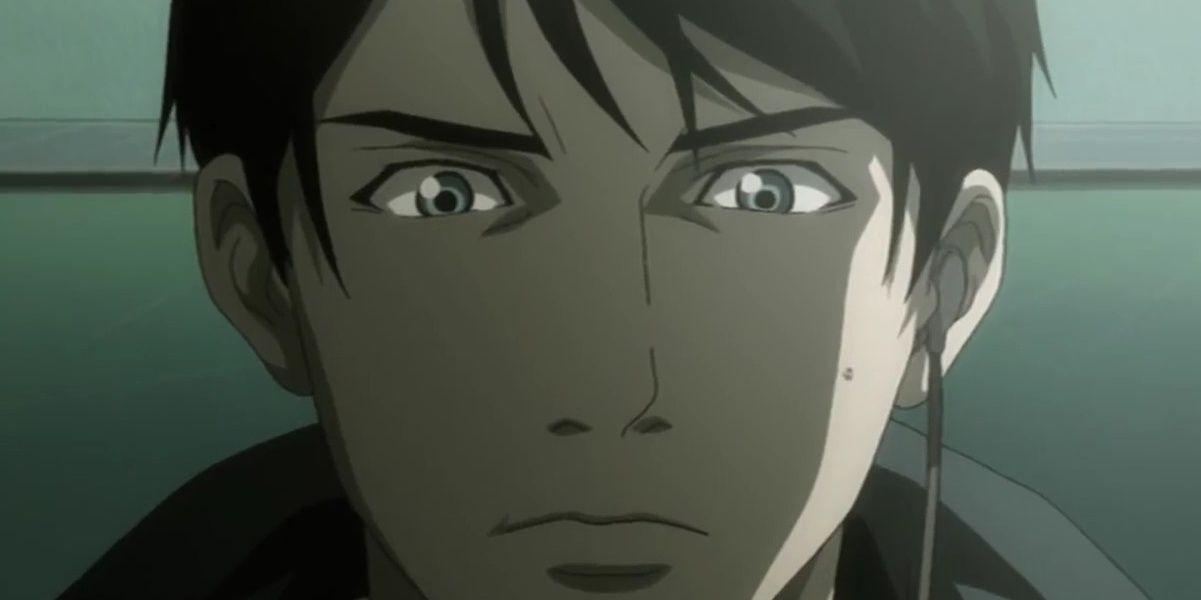
During the bus jacking, Raye easily hands out information he really shouldn't have: namely, his real identity. By this point, the investigators know that Kira needs a name and face to kill. Why wouldn't Raye use a fake identification card? There is no reason to explain his FBI agent status just to convince one student that he isn't in league with the bus driver. Sadly, this character flaw gets Raye - and several of his colleagues - killed. Fans can overlook this element since it was needed to move the story forward, but it is still a character flaw.
https://ift.tt/3zzNvkf
September 01, 2021 at 12:00AM





